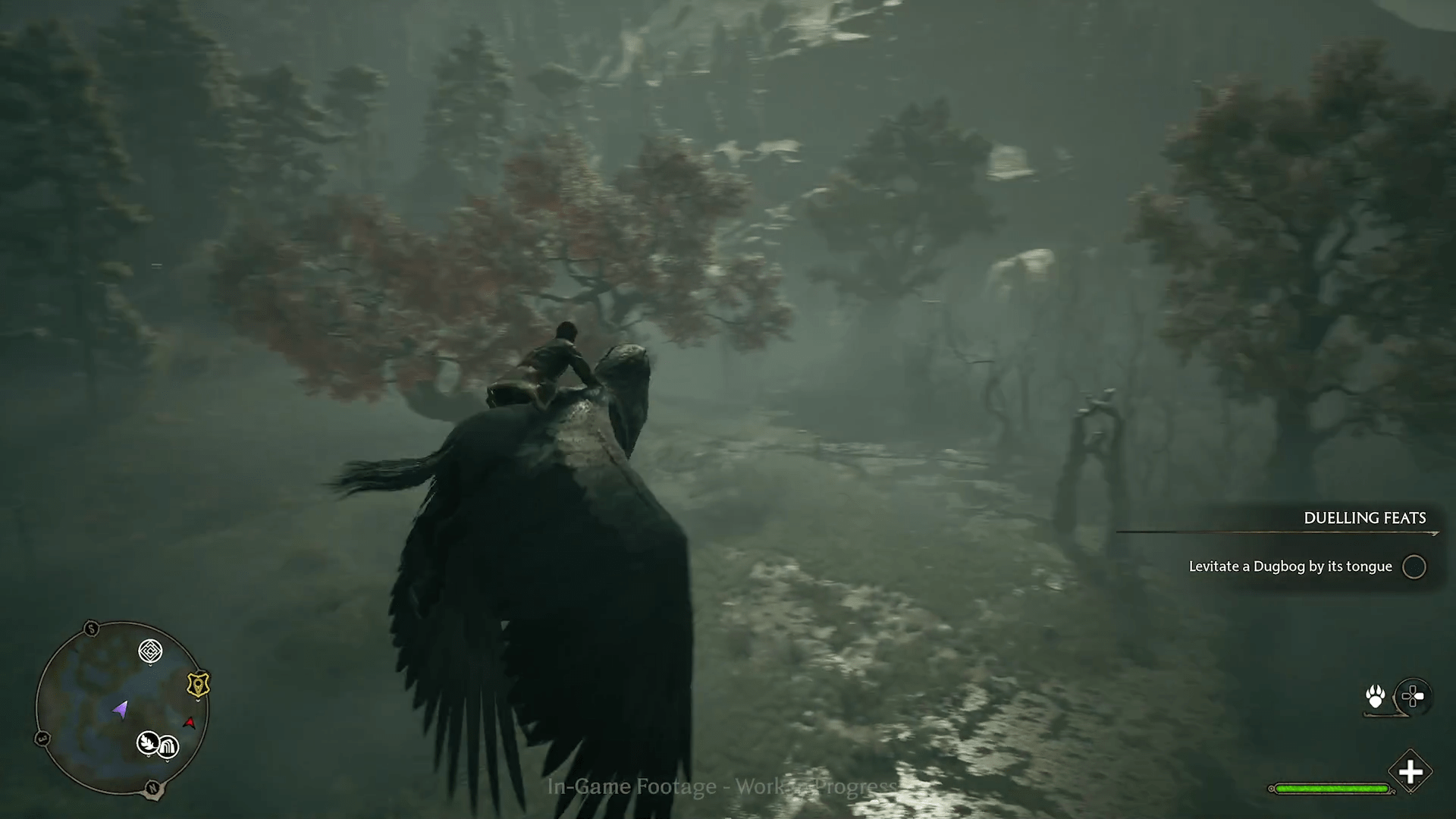Exploring our legacy takes us on an incredible journey through the annals of history, archaeology, and cultural heritage, revealing the untold stories of our ancestors and deepening our understanding of the modern world. This multidisciplinary field brings together science, technology, and passion to uncover hidden treasures, forgotten civilizations, and ancient knowledge. It not only connects us with our roots but also provides invaluable insights into human evolution, societal development, and environmental transformations over thousands of years.
Legacy exploration plays a pivotal role in safeguarding historical sites, artifacts, and cultural traditions that might otherwise vanish with time. This discipline is essential for educating future generations about their heritage and cultivating a greater appreciation for diversity and shared human experiences. By examining the successes and failures of past societies, we can draw meaningful lessons that guide us toward building a sustainable and harmonious future.
As you delve deeper into this captivating subject, you'll uncover the significance of legacy exploration, its methodologies, challenges, and its profound impact on contemporary society. Whether you're a history aficionado, an aspiring archaeologist, or simply intrigued by the mysteries of the past, this article offers a comprehensive exploration of the field and its relevance in shaping our global perspective.
Read also:Irene Banerjee
Table of Contents
- What is Legacy Exploration?
- Why is Legacy Exploration Important?
- Methods of Legacy Exploration
- Notable Discoveries in Legacy Exploration
- Challenges Facing Legacy Exploration
- Technological Innovations in Legacy Exploration
- Preserving Cultural Heritage
- Ethical Dimensions of Legacy Exploration
- Impact on Modern Society
- The Future of Legacy Exploration
What is Legacy Exploration?
Legacy exploration is the systematic investigation of historical, archaeological, and cultural sites aimed at uncovering the remnants of ancient civilizations. This field integrates multiple disciplines, including archaeology, anthropology, geology, and history, to reconstruct the narrative of human existence. The primary objective of legacy exploration is to preserve and interpret the evidence left behind by past cultures, ensuring that their legacies continue to inspire and educate future generations.
Researchers employ a blend of traditional and cutting-edge techniques to identify, excavate, and analyze sites of historical importance. These efforts often result in groundbreaking discoveries that challenge and expand our understanding of ancient societies and their relationship with the environment. By studying these legacies, we gain profound insights into human creativity, adaptability, and resilience throughout history.
Why is Legacy Exploration Important?
Legacy exploration is of paramount importance for both academic and societal reasons. It acts as a bridge between the past and the present, helping us comprehend how ancient civilizations have shaped modern societies. By analyzing the triumphs and tribulations of past cultures, we can derive valuable lessons applicable to contemporary issues such as resource management, urban development, and climate change adaptation.
Furthermore, legacy exploration fosters cultural awareness and global understanding by highlighting the shared heritage of humanity. It encourages respect for diverse traditions and histories, promoting unity and collaboration among different communities. Additionally, it stimulates economic growth through tourism and education, as historical sites and museums draw visitors from all corners of the world.
Methods of Legacy Exploration
Archaeological Excavation
Archaeological excavation remains one of the foundational methods of legacy exploration. This technique involves meticulously uncovering sites to reveal artifacts, structures, and other tangible remnants of the past. Archaeologists utilize a wide array of tools, ranging from basic hand tools like shovels and brushes to sophisticated imaging technologies, ensuring that the excavation process is as precise and non-invasive as possible.
Key aspects of archaeological excavation include:
Read also:Wes Bentley
- Creating detailed maps and documentation of the site prior to excavation
- Employing stratigraphy to analyze layers of soil and debris for chronological context
- Preserving artifacts for further study and public display
Remote Sensing Technology
Remote sensing technology has revolutionized legacy exploration by enabling researchers to detect and analyze sites without physically disturbing them. This method leverages satellite imagery, ground-penetrating radar, and LiDAR (Light Detection and Ranging) to generate detailed maps of underground features and structures.
Benefits of remote sensing include:
- Minimizing potential damage to sensitive sites
- Identifying concealed structures and artifacts
- Providing an expansive view of large or inaccessible areas
Notable Discoveries in Legacy Exploration
Throughout history, legacy exploration has yielded numerous remarkable discoveries that have transformed our understanding of ancient civilizations. Some of the most significant findings include:
- The unearthing of King Tutankhamun's tomb in Egypt, which offered unparalleled insights into Egyptian culture and burial customs.
- The discovery of Pompeii, a Roman city preserved in time by the eruption of Mount Vesuvius, providing a vivid depiction of daily life during the Roman Empire.
- The identification of the Terracotta Army in China, showcasing the military prowess and artistic achievements of the Qin Dynasty.
These discoveries not only enrich our knowledge of the past but also inspire further research and exploration into other potential archaeological sites.
Challenges Facing Legacy Exploration
Despite its numerous advantages, legacy exploration encounters several challenges that can impede its progress. One of the primary hurdles is securing adequate funding, as extensive research and excavation projects demand substantial financial resources. Additionally, political instability and restricted access to certain regions can make it challenging for researchers to conduct their work safely and effectively.
Other challenges include:
- Protecting fragile artifacts and sites from environmental degradation
- Addressing ethical concerns regarding the ownership and repatriation of cultural heritage
- Combating illegal antiquities trafficking and looting
Technological Innovations in Legacy Exploration
In recent years, technological advancements have significantly enhanced the capabilities of legacy exploration. Innovations such as 3D scanning, virtual reality, and artificial intelligence are now utilized to create intricate models of historical sites and artifacts, enabling researchers to study them in unprecedented detail. These technologies also allow the public to experience these wonders virtually, increasing awareness and appreciation for cultural heritage.
For example, researchers can now employ drones equipped with high-resolution cameras to capture aerial footage of archaeological sites, offering new perspectives on their layout and structure. Similarly, AI algorithms can analyze vast datasets to identify patterns and connections that might elude human researchers.
Preserving Cultural Heritage
Cultural heritage preservation is a critical component of legacy exploration, ensuring that historical sites and artifacts are safeguarded for future generations. This involves implementing conservation strategies, establishing protective legislation, and promoting education and awareness about the importance of cultural heritage.
International organizations such as UNESCO play a vital role in this endeavor by designating World Heritage Sites and providing guidelines for their preservation. Local communities are also encouraged to participate in preservation efforts, as they often possess unique knowledge and traditions tied to these sites.
Ethical Dimensions of Legacy Exploration
Ethical considerations are integral to legacy exploration, requiring researchers to respect the rights and dignity of indigenous peoples and other stakeholders involved in the process. This includes obtaining informed consent, sharing findings with local communities, and ensuring that cultural heritage is not exploited for commercial purposes.
Moreover, ethical guidelines stipulate that artifacts should be returned to their rightful owners or displayed in a manner that honors their cultural significance. By adhering to these principles, researchers can build trust and foster collaboration with the communities they work with.
Impact on Modern Society
The influence of legacy exploration on modern society is profound, affecting areas such as education, tourism, art, and architecture. By studying the achievements of past civilizations, we gain inspiration for addressing contemporary challenges and devising innovative solutions. For instance, ancient construction techniques and sustainable practices can inform modern building methods and environmental management strategies.
Additionally, cultural heritage tourism contributes substantially to local economies by creating jobs and supporting community development. It also promotes cross-cultural exchange and understanding, breaking down barriers and fostering global cooperation.
The Future of Legacy Exploration
The future of legacy exploration appears promising, with ongoing advancements in technology and methodology paving the way for new discoveries and insights. As researchers continue to refine their tools and techniques, they will be better equipped to uncover the mysteries of the past and share them with the world.
Moreover, increased collaboration across disciplines and international partnerships will enhance our ability to tackle complex challenges and address ethical concerns. By prioritizing sustainability and inclusivity, legacy exploration can continue to play a vital role in shaping our understanding of the world and its diverse cultures.
Conclusion
In summary, legacy exploration is a vital discipline that connects us with our past while offering valuable lessons for the future. By employing a wide range of methods and technologies, researchers can uncover the stories of ancient civilizations and preserve their legacies for generations to come. This work not only enriches our knowledge but also fosters cultural awareness and global understanding.
We invite you to explore further by visiting historical sites, reading related articles, or even pursuing a career in this captivating field. Share your thoughts and experiences in the comments below, and don't hesitate to explore our other articles on topics related to history, archaeology, and cultural heritage. Together, we can celebrate and protect the rich tapestry of human history.


